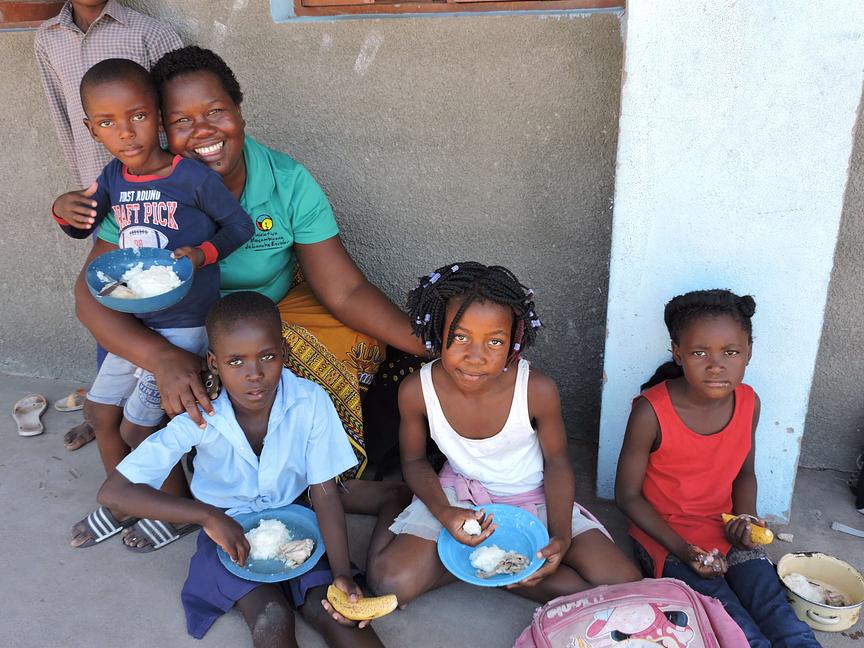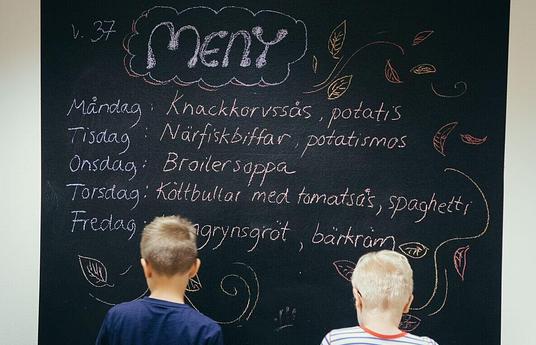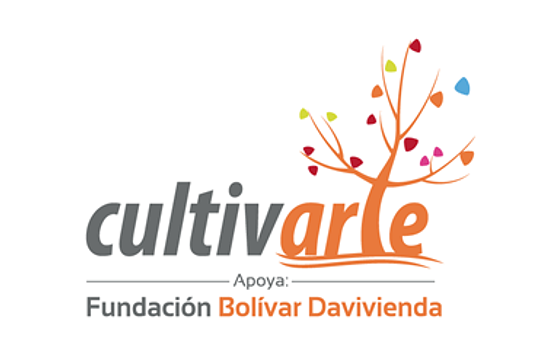What we do?
Simply put, the Mozambique School Lunch Initiative serves nutritious meals to hungry kids to help them grow and learn in school. To do so, we build home-grown school lunch programs in rural, typically impoverished communities in Mozambique. “Home-grown” means that we source food locally, stimulating agricultural production and benefiting smallholder farmers. It also means that our school meals our based on nutritious, fresh ingredients, including chicken, beans, peanuts and vegetables, designed to increase, on average, a child’s nutrient consumption by 50 to 100 percent, especially for key nutrients like protein, fat and essential vitamins and minerals. Food keeps kids coming to school and facilitates learning. School meals also help close the nutrient gap that can lead to long-term repercussions for a child’s development.
The shortcomings in child nutrition and school performance are often most severe in rural areas, where it is most logistically challenging and costly to implement a top-down school meals program. For this reason, our decentralized model leverages the local community – cooks, teachers, farmers, parents – to ensure the effective delivery of the daily school lunch program. Since we began over three years ago, our school lunch program has not missed a single school day.
We have also realized that the school lunch program is an excellent vehicle to deliver other low-cost complimentary interventions, such as deworming and hand-washing, that often do not reach rural school children due to logistical obstacles. By integrating these interventions, we are working to remove the obstacles that prevent children from attending school regularly and growing to their potential.
Why we do it?
As stated by Justin Sandefur and Divyanshi Wadhwa of the Center for Global Development, "Schools are full of hungry kids who aren't learning anything. Why don't we feed them?"
In Mozambique, almost half of children are chronically malnourished. When children grow up hungry, not only does this take a physical toll, it also affects their ability to participate in school. In Mozambique, there are approximately 6 million primary school aged children (UNESCO). Of these, one-third of children age 6 years (the compulsory official entry age) are not enrolled in school, especially those from food insecure families (World Bank). Only 63 percent of children in the 5-14 age range attend school regularly (World Bank). On average, stunted children complete 4.7 fewer years of school than children with normal growth (World Food Program). By fifth grade, over half of Mozambican students have already dropped out and only 11 percent make the transition to secondary school (USAID). The connection with hunger is clear. Stunted children are more likely to drop out of school and it is estimated that only 12 percent of stunted Mozambican adults completed primary school, compared to 84 percent of those with adequate nutrition (World Food Program).
Furthermore, the ability to go to school and learn is also strongly correlated with household-level factors in Mozambique. Children in households below the poverty line are 30 percent less likely to attend school as compared to children in households above the poverty line. Similarly, children living in rural areas of Mozambique are 48 percent less likely to attend school than children living in urban areas (World Bank). Poverty also exacerbates gender inequalities—for children from the poorest families, only 39 percent of girls (compared to 52 percent of boys) attend school (UNICEF). When these disparities are not addressed, children do not access the education they need to pursue a better future and inter-generational poverty persists.
Despite the compelling need for school lunch programs in Mozambique, they currently reach only 3 percent of primary schools (World Food Program). By developing a decentralized model that is effective in rural areas, the Mozambique School Lunch Initiative is working to close that gap. Additionally, traditional programs often rely on imported corn and soy, forgoing any possible benefit to local farmers (who consist of 70 percent of the population). By not incorporating agricultural production, these traditional models fail to address the root causes that create food insecurity among rural households and chronic malnutrition among children.
For this reason, the Mozambique School Lunch Initiative emphasizes local procurement and actively partners with farmer groups in the communities around the schools we serve. We facilitate access to improved inputs, like tractor services, improved seeds and small-scale irrigation equipment, and training, helping boost the farmers’ production. In addition to the benefits for local farmers, procuring locally also reduces the costs of the school lunch program, making it more sustainable. In this way, we aim to provide a model for more impactful and sustainable school lunch programs – helping more children get the nutrition they need to stay and school and learn.



